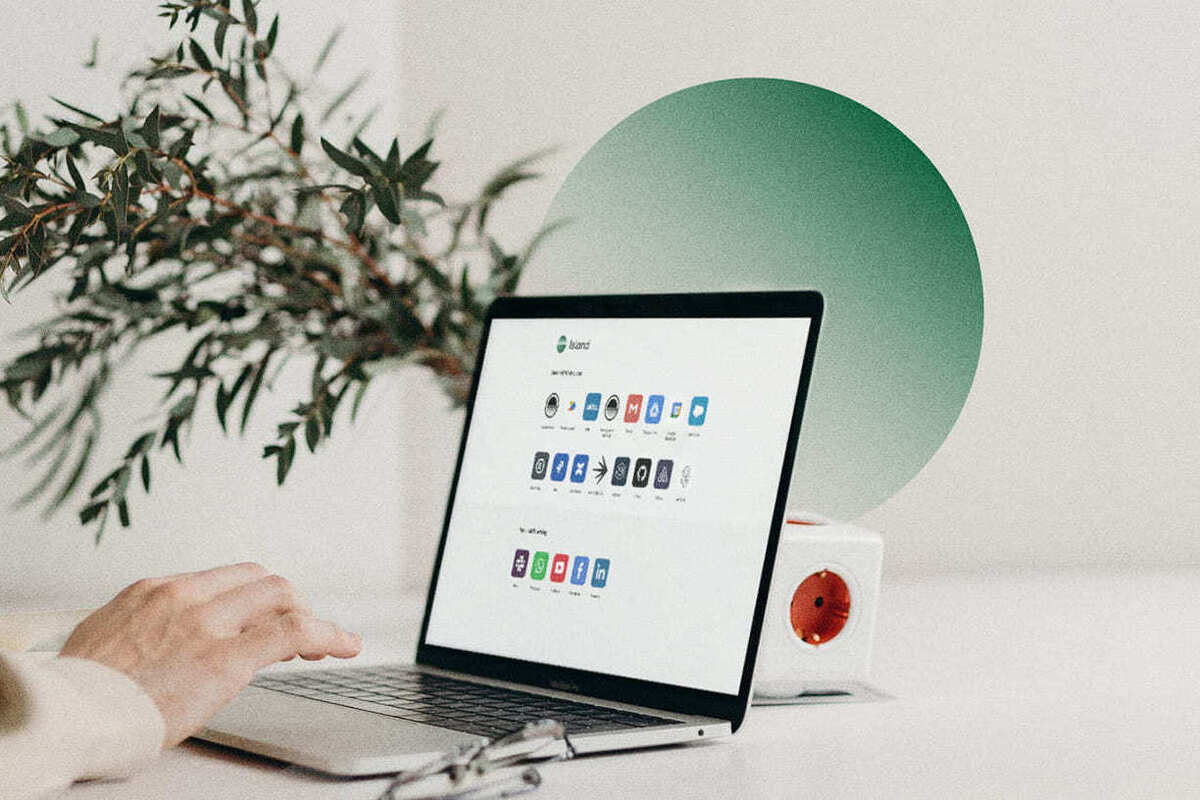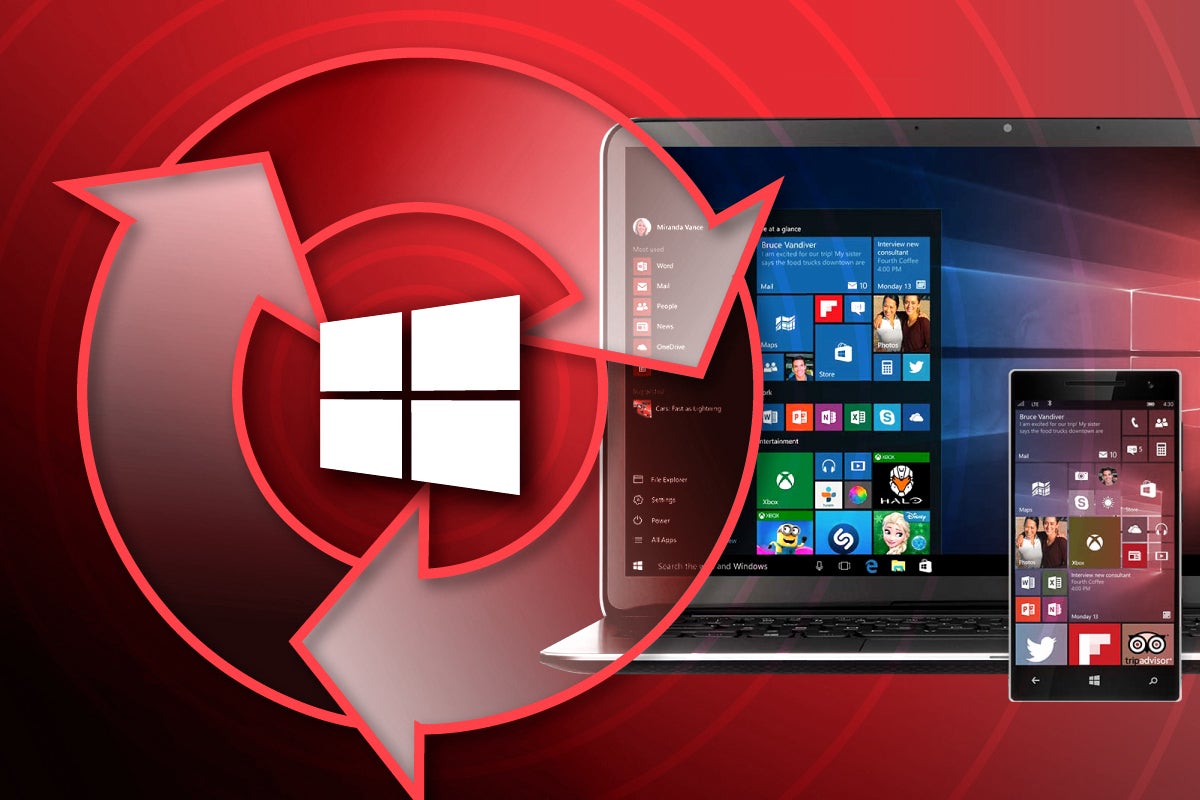How Phishers Are Slinking Their Links Into LinkedIn

Credit to Author: BrianKrebs| Date: Thu, 03 Feb 2022 18:49:38 +0000
If you received a link to LinkedIn.com via email, SMS or instant message, would you click it? Spammers, phishers and other ne’er-do-wells are hoping you will, because they’ve long taken advantage of a marketing feature on the business networking site which lets them create a LinkedIn.com link that bounces your browser to other websites, such as phishing pages that mimic top online brands (but chiefly Linkedin’s parent firm Microsoft).
Read more







 Microsoft has recently developed a new update for Windows 10 PCs, called Windows 10 November 2021 update, version…
Microsoft has recently developed a new update for Windows 10 PCs, called Windows 10 November 2021 update, version…